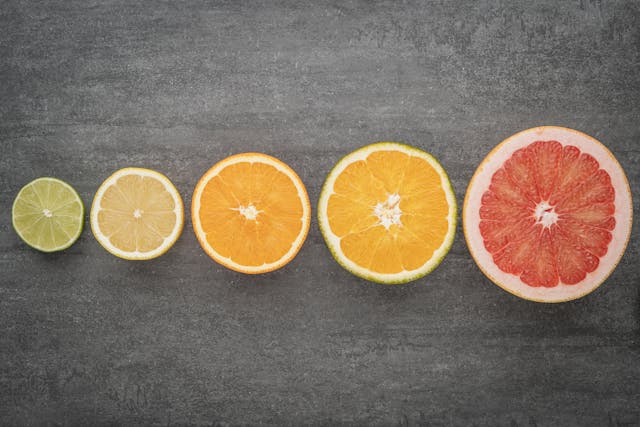When it comes to cocktails, acidity plays a crucial role in balancing flavors, enhancing taste, and preserving freshness. While fresh citrus juices like lemon and lime are popular for adding that perfect tang, there are alternative acids that can substitute these juices. Since fruit juices contains other molecules, it will affect the flavor slightly, however in many cocktails this flavor change is negligible, but keep it in mind. On the plus side, citric acid, malic acid, and other culinary acids are very convenient and can add a sophisticated look to your drinks. Let’s dive into how you can use these acids to substitute juice in your recipes.
Why Substitute Juices with Acids?
There are several reasons you might opt for powdered acids over fresh juice:
- Consistency: Acids like citric and malic offer a consistent level of acidity, whereas fresh juices can vary in potency.
- Shelf Life: Powdered acids have a long shelf life and are less likely to spoil compared to fresh juice.
- Convenience: They are easy to store and measure, making them a practical choice for both home cooks and professionals.
- They are completely transparent, making it an easy way to make clear cocktails instead of using complicated clarification techniques
Common Acids Used in Cocktails
- Citric Acid: Found naturally in citrus fruits, citric acid provides a tangy, tart flavor. It’s often used in canning, preserving, and baking.
- Malic Acid: Naturally present in apples and other fruits, malic acid offers a slightly more mellow tartness. It’s commonly used in candies and beverages.
- Tartaric Acid: Found in grapes and bananas, tartaric acid is used in cream of tartar and adds a sharp tang, often seen in wines.
- Ascorbic Acid (Vitamin C): While primarily known for its health benefits, ascorbic acid adds a mild acidity and is used as an antioxidant in various foods.
How to Substitute Acids for Juice
When substituting acids for fresh juice, it’s important to get the proportions right to ensure your cocktail achieves the desired flavor profile. Below you can find the required weight of acid to volume water (1 % means 1 g acid per 100 mL water)
- Lemon Juice Substitute: 6 % citric acid
- Lime Juice Substitute: 4 % citric acid and 2 % malic acid
Conclusion
Citric, malic, and other culinary acids are excellent substitutes for fresh juice in a variety of recipes. They provide consistency, convenience, and a long shelf life, making them valuable additions to your home bar. By understanding how to use these acids effectively, you can enhance flavors and maintain the quality of your dishes, all while enjoying the benefits of a well-stocked pantry.
